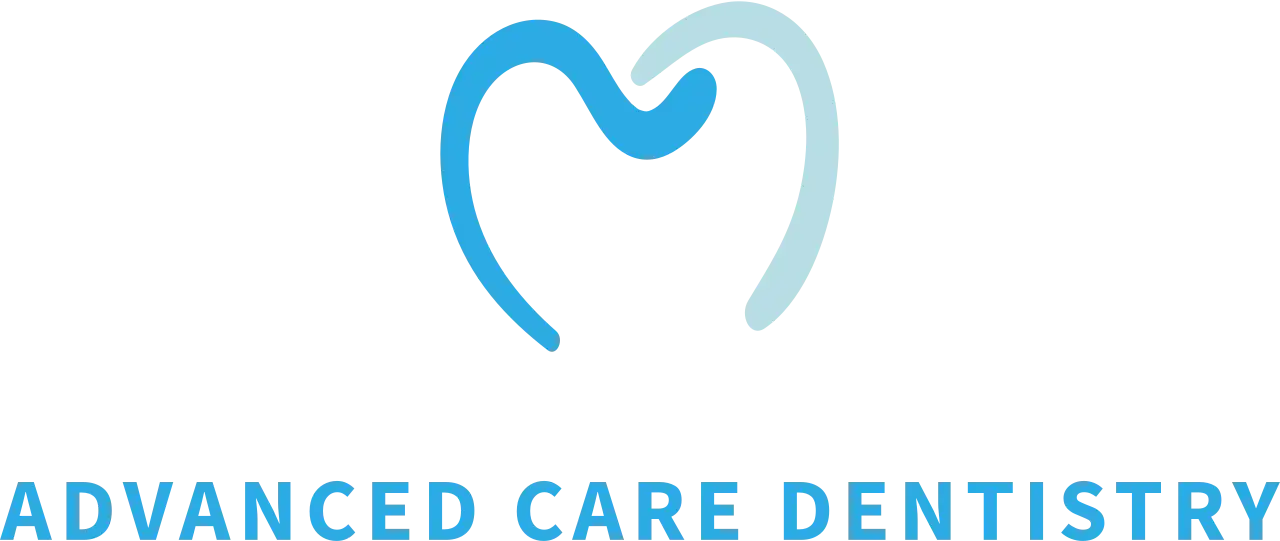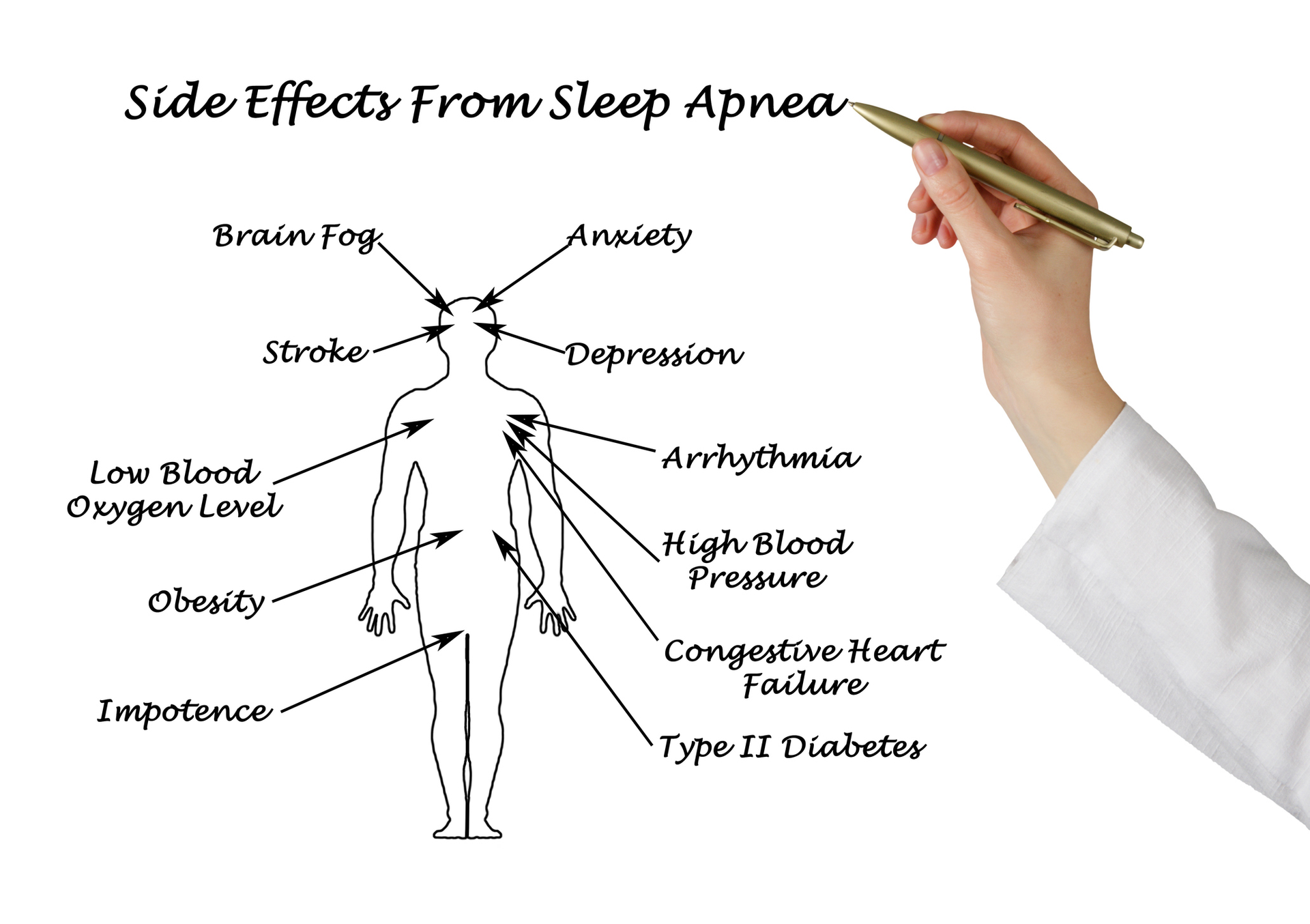How Advanced Care Dentistry Addresses Sleep Apnea for Better Health
Sleep Apnea: A Hidden Health Hazard
Sleep apnea is a serious sleep disorder characterized by repeated interruptions in breathing during sleep. Each pause can last from a few seconds to minutes, disrupting restful sleep and leading to severe health issues if left untreated. Individuals with sleep apnea often experience fatigue, impaired cognitive function, and are at higher risk for cardiovascular disease, hypertension, and diabetes. The condition affects millions globally, with many cases remaining undiagnosed and untreated, impacting quality of life and long-term health.
Advanced Care Dentistry’s Solution-Driven Approach
At Advanced Care Dentistry, we recognize the impact of sleep apnea on our patients’ well-being and prioritize a comprehensive approach to diagnosis and treatment. Through advanced dental solutions and personalized care, we help patients regain control over their sleep and health. Our treatments focus on addressing the root causes of sleep apnea and delivering long-lasting relief through targeted, dental-based therapies.
What is Sleep Apnea?
Defining Sleep Apnea and Its Types
Sleep apnea occurs when the airway becomes repeatedly obstructed during sleep. This condition presents in three main forms:
- Obstructive Sleep Apnea (OSA): The most common type, where throat muscles relax excessively, causing airway blockage.
- Central Sleep Apnea: A less common form where the brain fails to signal muscles to breathe due to instability in respiratory control.
- Complex Sleep Apnea Syndrome: A combination of OSA and central sleep apnea, requiring specialized treatment.
Prevalence and Demographics
Sleep apnea affects a significant portion of the population, particularly adults over 40 and individuals with obesity, larger neck circumference, or family history of the condition. Although anyone can develop sleep apnea, it is more common in men than women and often goes undiagnosed, especially in older adults who may attribute symptoms to aging. Advanced Care Dentistry’s tailored treatments bring relief and improved health to those affected.
Primary Causes and Risk Factors for Sleep Apnea
Anatomical Factors: Structural Blockages in the Airway
Physical characteristics play a key role in sleep apnea. Individuals with enlarged tonsils, a naturally large tongue, or specific jaw structures are at increased risk, as these traits can obstruct airflow during sleep. Such anatomical features reduce the airway’s capacity, causing interruptions in breathing.
Lifestyle Factors: Obesity, Smoking, and Alcohol Consumption
Lifestyle choices directly impact the likelihood of developing sleep apnea. Excess weight, particularly around the neck, increases pressure on the airway, making it more prone to collapse. Smoking and alcohol consumption further relax airway muscles, worsening blockages and increasing the frequency of apnea episodes.
Genetic Predisposition: Family History Matters
Sleep apnea often runs in families. Genetic factors can influence anatomical features, such as jaw shape and neck circumference, that predispose individuals to airway obstruction. A family history of sleep apnea also correlates with a higher risk, making early assessment crucial for those with relatives affected by the condition.
Recognizing the Symptoms of Sleep Apnea
Loud, Persistent Snoring
One of the most common indicators of sleep apnea is loud, frequent snoring, often followed by sudden quiet as breathing temporarily stops. This symptom, though common, can be disruptive for both the individual and those around them.
Interrupted Breathing During Sleep
Episodes of breath-holding or gasping are telltale signs of sleep apnea. These pauses, often unnoticed by the individual, are a significant health risk as they reduce oxygen levels, affecting vital bodily functions.
Gasping or Choking Sensations
People with sleep apnea may awaken abruptly, feeling like they are gasping or choking. This sensation occurs as the body struggles to reopen the airway, disrupting restful sleep and causing lingering discomfort.
Daytime Fatigue and Sleepiness
Due to frequent interruptions in their sleep cycle, individuals with sleep apnea often experience severe daytime fatigue. This exhaustion affects daily activities, lowers productivity, and can even pose dangers, such as drowsiness while driving.
Morning Headaches and Poor Concentration
Sleep apnea can lead to morning headaches and difficulties concentrating throughout the day. These symptoms arise from poor oxygen levels during sleep and contribute to a lower quality of life and impaired cognitive function.
Identifying these symptoms and risk factors early can guide individuals toward effective treatment at Advanced Care Dentistry, where specialized care can mitigate these health risks and restore quality sleep.
Serious Health Risks of Untreated Sleep Apnea
Elevated Cardiovascular Risks: Hypertension and Heart Disease
Untreated sleep apnea significantly increases the risk of high blood pressure (hypertension) and heart disease. The repeated interruptions in breathing lead to oxygen deprivation, causing the heart to work harder and blood pressure to rise. Over time, this strain can result in heart attacks, strokes, and other cardiovascular complications.
Increased Likelihood of Type 2 Diabetes
Sleep apnea is closely linked to insulin resistance, a precursor to type 2 diabetes. The fragmented sleep patterns and oxygen fluctuations disrupt the body’s ability to regulate glucose, increasing the risk of developing diabetes.
Mental Health Challenges: Depression and Anxiety
Chronic sleep deprivation from sleep apnea can lead to significant mental health issues, including depression and anxiety. The constant fatigue and cognitive impairments associated with the condition negatively impact mood and overall mental well-being.
Diminished Daily Functioning and Productivity
The persistent daytime sleepiness and lack of restorative sleep caused by sleep apnea impair concentration, decision-making, and overall productivity. This decline affects personal relationships, work performance, and increases the risk of accidents, such as drowsy driving incidents.
Effective Dental Treatments for Sleep Apnea
Oral Appliance Therapy (OAT): Comfortable and Effective Relief
Oral Appliance Therapy (OAT) offers a proven solution for patients with mild to moderate Obstructive Sleep Apnea (OSA). The most common device used in OAT is the mandibular advancement device (MAD), which gently shifts the lower jaw forward to keep the airway open during sleep. This non-invasive approach improves airflow, reducing apnea episodes without the need for invasive interventions.
- Benefits and Effectiveness: Oral appliances are particularly effective for those with mild to moderate OSA. They are more comfortable and less obtrusive than alternatives, encouraging higher patient compliance.
- Customized at Advanced Care Dentistry: At Advanced Care Dentistry, each oral appliance is custom-fitted to ensure comfort and effectiveness, providing personalized solutions that are both durable and easy to maintain.
Continuous Positive Airway Pressure (CPAP): The Standard for Severe Cases
While CPAP is the gold standard for severe OSA, it is often prescribed as an alternative to oral appliances. CPAP machines deliver a continuous stream of air through a mask, keeping the airway open throughout the night.
- Comparison with Oral Appliances: While effective, CPAP machines can be uncomfortable for some patients, leading to lower adherence. Oral appliances offer a more convenient alternative for those with milder cases.
- When CPAP is Recommended: CPAP is ideal for severe OSA or patients who do not respond well to oral appliances. It is also recommended when apnea episodes are frequent and significantly impact oxygen levels.
Surgical Options: When Other Treatments Fall Short
For patients who do not respond to non-invasive treatments, surgical options may be considered. Procedures like orthognathic surgery, which repositions the jaw to create a more open airway, are effective but typically reserved for severe cases or those with specific anatomical challenges.
- Criteria for Surgical Intervention: Surgery is typically the last resort and is recommended based on factors such as airway anatomy, the severity of apnea, and previous treatment outcomes.
Advanced Care Dentistry: A Patient-Centered Approach to Sleep Apnea Treatment
At Advanced Care Dentistry, we provide a patient-focused treatment approach tailored to individual needs. Our team utilizes cutting-edge technology to accurately diagnose and address sleep apnea, ensuring each patient receives the best possible care.
- Personalized Treatment Plans: Every treatment is customized, from diagnosis to follow-up, with options based on the patient’s specific condition and lifestyle.
- Advanced Technology: We employ state-of-the-art diagnostic tools and treatments, allowing for precise, comfortable, and effective results.
- Patient Success Stories: Our commitment to quality care is reflected in numerous testimonials from patients who have regained restful sleep and improved health through our treatments.
Lifestyle and Home Remedies: Supporting Effective Treatment
In addition to dental treatments, lifestyle adjustments can significantly enhance sleep apnea management.
- Weight Management: Maintaining a healthy weight helps reduce airway obstructions.
- Positional Therapy: Changing sleep positions can alleviate symptoms for some patients, particularly side-sleeping instead of back-sleeping.
- Avoiding Alcohol and Sedatives: These substances relax throat muscles and can worsen sleep apnea symptoms.
- Regular Exercise: Physical activity improves overall health and helps reduce apnea severity.
Regular Dental Checkups: The First Line of Defense
Routine dental visits play a crucial role in the early detection and ongoing management of sleep apnea. At Advanced Care Dentistry, we monitor for signs of sleep apnea during regular checkups and provide ongoing adjustments to oral appliances for optimal comfort and effectiveness.
Take Control of Your Health with Professional Care
Sleep apnea, if untreated, poses severe health risks. Advanced Care Dentistry offers comprehensive solutions to help you manage this condition effectively. Schedule a consultation with us to explore how we can help restore your sleep quality and overall health.
Contact Advanced Care Dentistry today!





